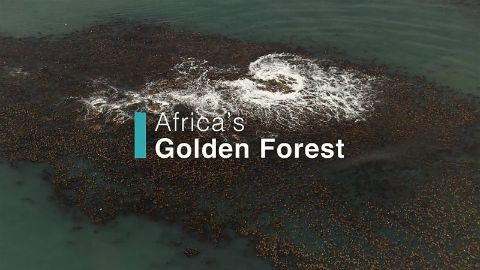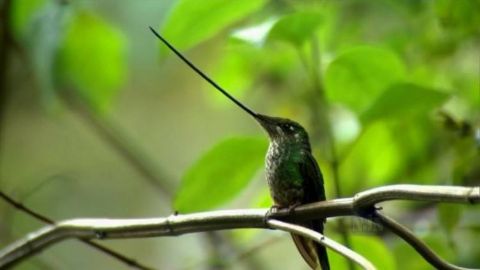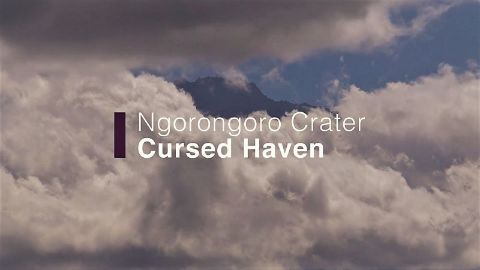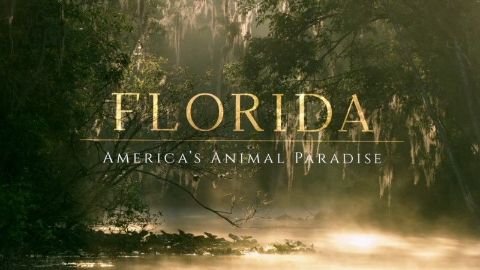Insect Worlds • 2013
[3 parts] Steve Backshall explores the world of insects and their close relatives, the arachnids and crustaceans, in order to find out more about their habits and secrets. Ch1. Them and Us Steve Backshall explores the connections and relationships humans have with insects and their close relatives, the arachnids and crustaceans. He begins by revealing how huge armies of driver ants give houses a five-star clean-up in Kenya, while in China, silkworm caterpillars are credited with shaping culture and distribution. He also explains that, despite people's perceptions of these creepy-crawlies, mankind could not live without them. Ch2. Making Worlds Steve Backshall explores the influence that insects and their close relatives, the arachnids and crustaceans, have on the planet's many ecosystems. He reveals how the landscape of South America's grasslands has been created almost solely by one team of bugs - grass-cutter ants - while in east Africa, the savannah would quickly become swamped in dung were it not for the activities of a particular beetle. He also contemplates the idea that without one tiny creature, the blue whale could not exist. Ch3. The Secrets to Their Success Steve Backshall explores why an estimated 10 million species of insects are so abundant, and examines the secrets of their success. In Yellowstone National Park, he reveals how teamwork enables a colony of bees to scare off a hungry bear, and he travels to the Swiss Alps to highlight the relationship between ants, wasps and butterflies.
Make a donation
Buy a brother a hot coffee? Or a cold beer?
Hope you're finding these documentaries fascinating and eye-opening. It's just me, working hard behind the scenes to bring you this enriching content.
Running and maintaining a website like this takes time and resources. That's why I'm reaching out to you. If you appreciate what I do and would like to support my efforts, would you consider "buying me a coffee"?
Donation addresses
BTC: bc1q8ldskxh4x9qnddhcrgcun8rtvddeldm2a07r2v
ETH: 0x5CCAAA1afc5c5D814129d99277dDb5A979672116
With your donation through , you can show your appreciation and help me keep this project going. Every contribution, no matter how small, makes a significant impact. It goes directly towards covering server costs.





